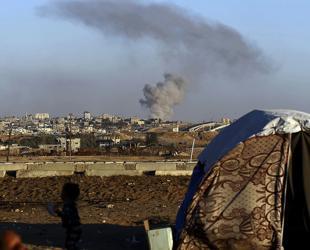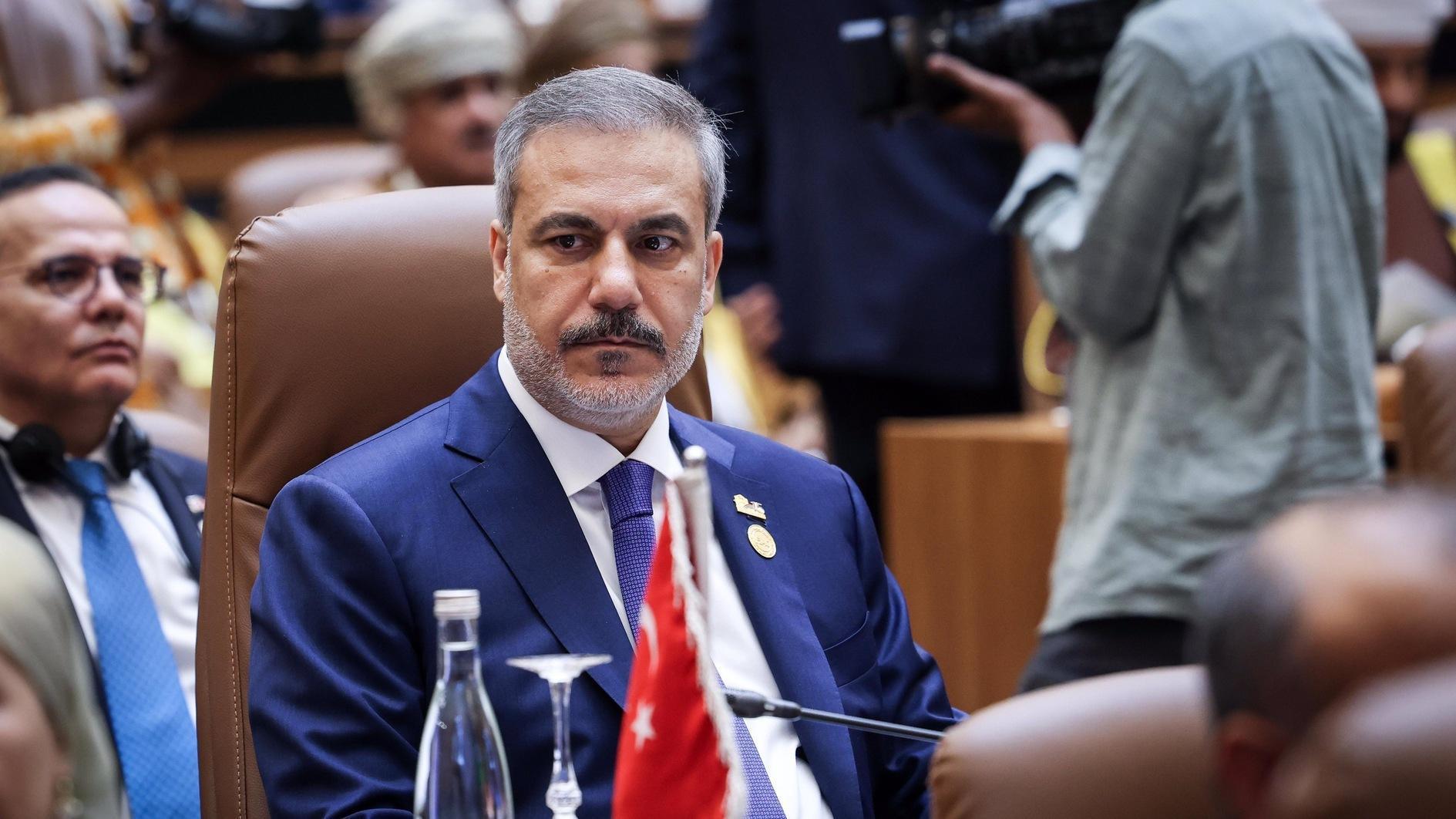An unholy alliance?
The prospect of consensus between the Justice and Development Party (AKP) and Peace and Democracy Party (BDP) on the new Constitution was the talk of the town last week. Apparently the possibility of such an alliance alarmed not only the opposition parties but also the democrat supporters of Kurdish rights, since it seemed like a possible bargain for a presidential system in return for some Kurdish rights. Moreover, BDP co-chair Selahattin Demirtaş’s statement in an interview that “they are closer to the AKP” on the matters of the new Constitution fueled skepticism concerning Kurdish politicians and politics.
I do not think that such an alliance or consensus has any chance of successful prospects for many reasons. The major obstacle in the way of such a consensus is the fact that “more freedom for Kurds under a presidential system” is a contradiction in terms. From the beginning, concerning the debates on the presidential system, Prime Minister Recep Tayyip Erdoğan and AKP politicians clearly underlined the fact that they do not have any sort of federal or autonomy system in mind. Besides they emphasized that their understanding of the presidential system will not look like any other, like the U.S. system, but will be an authentic (or a Turkish) type of presidential system, which meant some sort of absolute rule.
Under the circumstances Erdoğan and his party seem to be inspired by the constitutional politics of Abdulhamid II, whom they admire as an “ulu [great] sultan.” Indeed, Abdulhamid II negotiated with the constitutionalist New Ottomans that he would accept constitutional rule in return for the crown in 1876. Nevertheless he abolished the first Ottoman Parliament soon after he was declared sultan and opened the Parliament and ruled the country under an absolutist regime for his 33 years of reign. He legitimatized his act by the existence of “extraordinary conditions” resulting from the war with Russia, and sent Midhat Paşa (the architect of constitutional rule) into exile by referring to Article 113 of the Constitution, which gave the sultan extensive and unchecked powers.
Erdoğan, who is known to be considering the presidential system to avoid the limits of the parliamentary system and resents even the idea of division of power, does not seem to negotiate Kurdish rights and freedoms if they pose any threat to his aspired-to absolute power. The constitutionalists of the AKP should ensure, if not direct indirect articles like 113 (of the 1876 Constitution), the creation of some sort of “Turkish presidential system.” It means that Kurdish politics will lose all sorts of guarantees of their rights and freedoms if they tend to get some democratic rights in return for their support of a presidential system.
Since it is an oxymoron to consider “getting democratic rights and freedoms, under an under-democratic regime” which is being defined as a “Turkish type of presidential system,” the alliance or consensus will go nowhere and is indeed doomed to fail from the beginning. Therefore, democrats of Turkey do not need to worry about the possible pragmatism of Kurdish politics and politicians.
In fact we have more to worry about regarding the shortcomings of the inevitable failures of such futile attempts and hopes. We paid a very high price for the failure of the government’s Kurdish politics in 2009. The price came as regression in many aspects; further militarization of the conflict, rising social/political polarization and a democracy deficit in general. We cannot afford more regression, yet so far, the government seems unaware of this fact. I think we all have to be more concerned by a vicious failure-regression cycle.











